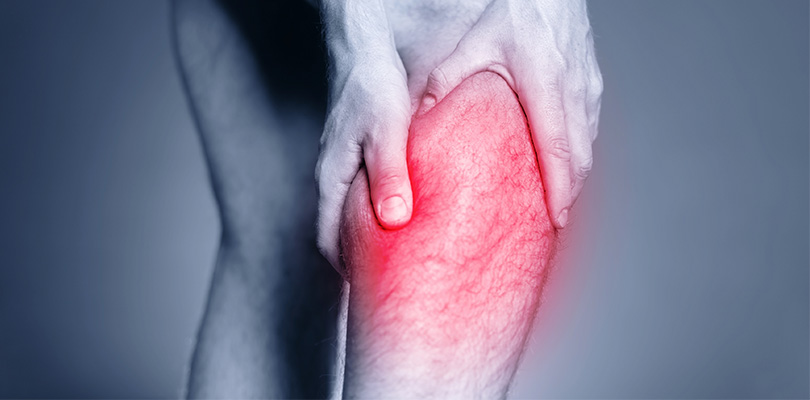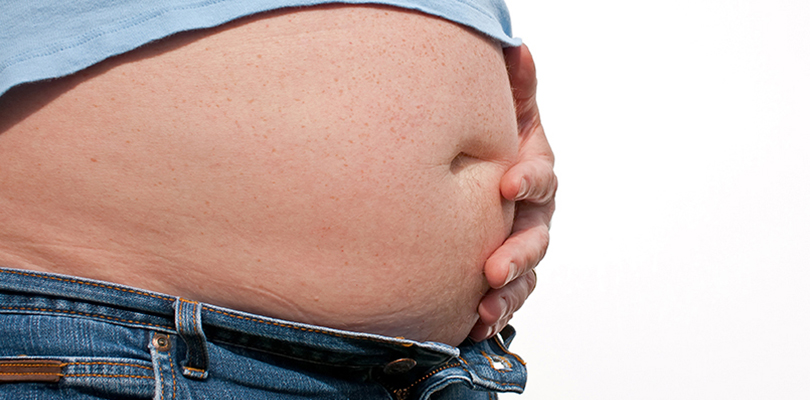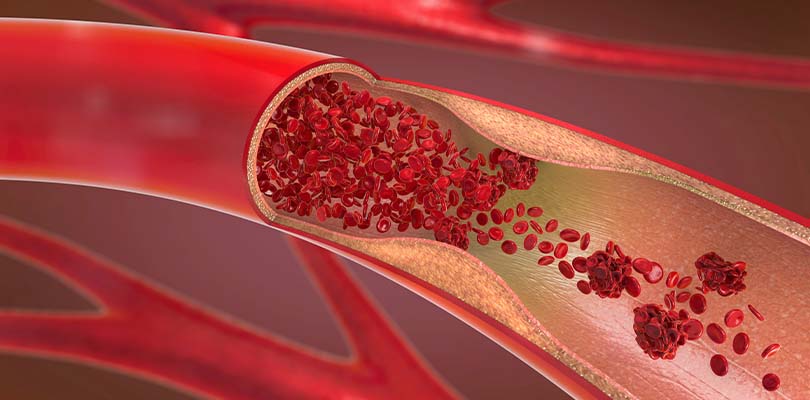What Causes Muscle Spasms?
A sharp pain in your calf pulls you from sleep and forces you awake in the middle of the night. Does this situation sound familiar? You may refer to it as a charley horse, and if you know how it feels, you likely suffer from muscle spasms.
What Is a Muscle Spasm?
A muscle spasm, or muscle cramp, is an involuntary contraction of the muscle, but it’s not necessarily the result of an injury. Spasms can occur in all or part of the muscle and may also affect adjacent muscles.
he most common types are skeletal muscle spasms, but these cramps can also occur in smooth muscles as well (such as in the urinary tract, esophagus, heart, and colon).
Skeletal muscles are the ones attached to bone and spasms that occur here are often the result of muscle fatigue, dehydration, a prior injury, strain, or if there are electrolyte abnormalities in the body.
Spasms happen if a muscle is overstretched, held in the same position for too long, pushed too far with a new exercise, or overused such as doing a strenuous workout in a hot environment. This overexertion of the muscle leaves it zapped of energy, and the fluid in the muscles becomes hyperexcitable.
A malfunction of nerve signals makes the muscle stuck in a contraction phase, and the muscle doesn’t listen to the nerve impulse telling it to relax. This forceful contraction results in the muscle spasm.
The presence of spasms can occur due to what you eat, how you sleep, and if you’re a woman, your menstrual cycle. It can be enhanced by poor circulation, inflammation, athletes, and pregnancy.
What Does a Muscle Spasm Feel Like?
Bear in mind that muscle spasms tend to be harmless – they just hurt in the moment.
The spasm seems to come out of nowhere and hits abruptly at any time of day. They are somewhat painful, but thankfully they do not last very long. The pain feels very tight where the muscle is located because the affected muscles are unable to relax.
The most common locales for muscle spasms are in the feet, lower back, and legs. However, since muscles are found everywhere in your body, you’re able to get these spasms almost anywhere.
Warts are a result of the human papillomavirus, as it causes rapid skin growth. From medical care to at-home methods, here's how to remove warts.
How Long Do Muscle Spasms Last?
Spasms resolve themselves anywhere after a few seconds to a few minutes. More severe spasms can last longer, but these are not as common.
Usually stretching will help resolve the issue and relieve the tightness. However, if you experience muscle spasms that are severe, recurring, and last a long time, you should seek an evaluation from your physician.
How Do You Stop Muscle Spasms?
- Easy stretching can relieve the spasm.
- If the pain occurs in your calf while you’re sleeping, sometimes just getting out of bed and standing up is enough to relieve the pain.
- A foam roller could be the answer to working the spasm out of your muscles. There are many tutorials online that will show you how to use the roller properly.
- You can also cut back on caffeine as it has been known to incite spasms.
- When a charley horse hits, one suggestion is to eat a tablespoon of yellow mustard (a spoonful if you’re brave, or you can put it on something to make the flavor less intense).
- Studies show that either the turmeric and/or the acetic acid slows or stops active muscle spasm.
How to Prevent Muscle Spasms From Happening
- Drink enough water; your body needs to stay hydrated, especially on days you exert yourself. Muscle cells require a roster of water, glucose, sodium, potassium, calcium, and magnesium to enable the proteins inside the muscle to contract properly. If there are insufficient amounts of these elements, it may help spur a muscle spasm.
- As we age, we lose muscle mass every year, and our remaining muscles have to work harder to support our body weight. This means we become more susceptible to muscle spasms as we get older. Make sure that you’re getting enough electrolytes to help replenish your body.
- Take care of your body. Always stretch your muscles with warm-ups and cool-downs before and after workouts. Use heat packs to relax muscles where you experience spasms or use an ice pack to relieve swollen areas.
- Practice proper posture. Letting your back muscles overcompensate for your tired neck muscles will strain your back and lead to a curvature of the spine.
- Take a bath with Epsom salt; your skin will drink in the magnesium from the salts. The heat from a bath will also help relax your muscles.
- Your body needs rest days, so be sure to give your muscles time to heal and avoid overtraining.
A muscle spasm is your body’s way of telling you that you may have pushed your muscles a little too hard or you aren’t giving them everything they need. Heed the warning, stay hydrated, stretch, and don’t overexert your muscles.
By taking care of your muscles during the day, those late-night Charley horses will finally leave you alone.







